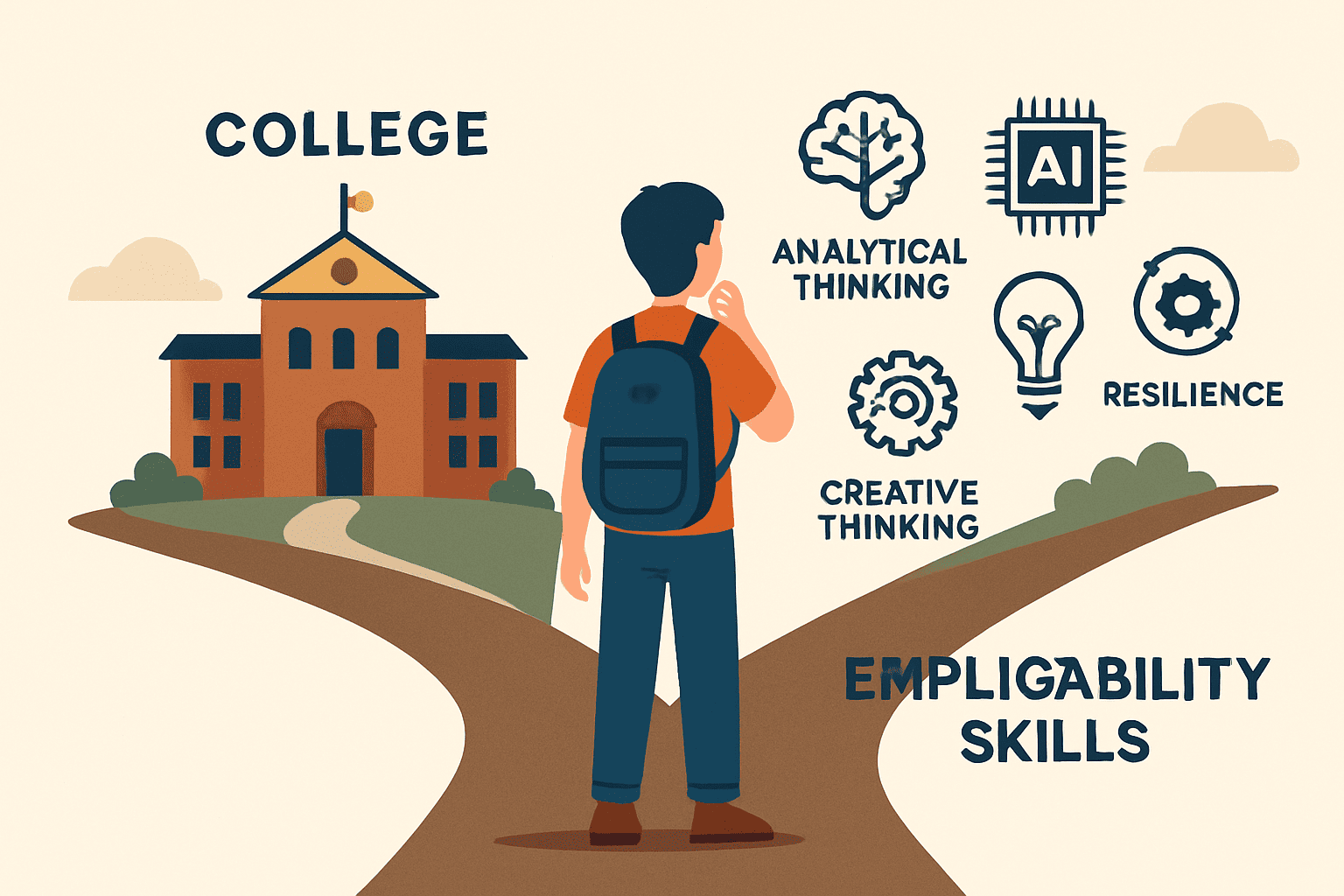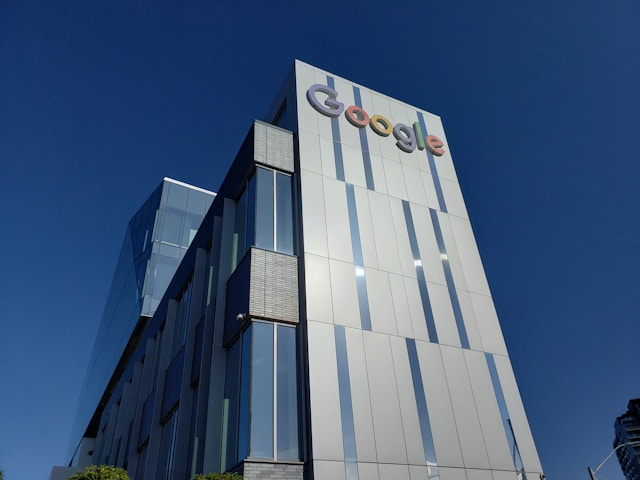If there’s one thing Mark Zuckerberg’s recent comments have reignited, it’s a conversation that’s long overdue: Is the traditional college pathway still the golden ticket to career success, or has it become an overpriced relic clinging to its former prestige?
Let’s be honest, college, for many, is a rite of passage more than a career preparation bootcamp. It’s where lifelong friendships are formed, personal identities evolve, and, yes, sometimes degrees are earned. But increasingly, we’re seeing a disconnect between what’s taught in lecture halls and what the labor market demands.
The Shift from Knowledge to Skills
For decades, higher education was sold as the ultimate launchpad to a stable future. A degree symbolized competence, intellect, and readiness for the “real world.” But as automation, artificial intelligence, and remote work upend the economy, the value of a diploma without practical skills is diminishing. What employers are desperately looking for today is not your GPA, it’s your adaptability, emotional intelligence, digital literacy, and the ability to problem-solve in real time.
According to the World Economic Forum’s Future of Jobs Report 2025, analytical thinking remains the most essential core skill, with 70% of companies ranking it as a top priority. Other fast-rising skills include resilience, flexibility and agility, AI and big data proficiency, technology literacy, and creative thinking. In fact, the report estimates that 39% of current workforce skills will be either disrupted or completely outdated by 2030. Now, ask yourself: how many college courses directly teach these? Not in theory, but in actual, applicable, everyday terms?
The Student Debt Hangover
We can’t talk about college without talking about its increasingly heavy price tag. The average student graduates with nearly $30,000 in debt, some with double or triple that, depending on the degree and institution. And for what? A job that may not even require the credential?
For many Gen Z students, that equation no longer makes sense. A Deloitte study found that a third of Gen Z and millennials are rethinking higher ed altogether due to its cost and declining ROI. And who can blame them?
The Rise of Alternatives: Learning Goes DIY
One of the most exciting developments in recent years is the explosion of alternative learning pathways. From coding bootcamps and online certifications to apprenticeships and income-share agreement programs, the monopoly of the four-year degree is being challenged in a big way.
You can now learn data analytics on Coursera, get AWS certified on Udemy, or master design thinking through IDEO U, all without a student loan hanging over your head. Companies like Google, IBM, and Tesla have already shifted to skills-based hiring models, recognizing that real-world know-how often outpaces textbook learning.
Is College Still Worth It?
That depends. For professions that require licensing, medicine, law, engineering, college remains essential. But for creatives, coders, marketers, and entrepreneurs? The path is less defined, and often, more flexible.
Even Zuckerberg, a college dropout himself, acknowledges the social value of college. It’s a space to grow, to explore, to connect. But as he rightly points out, if the primary output of college is debt and outdated training, then society needs to have a serious conversation about whether the current model serves today’s young adults, or holds them back.
What’s Next?
The future of education is likely hybrid, modular, and lifelong. Imagine a system where learning doesn’t stop at 22 but evolves with you, where you build a portfolio, not just a transcript. Where mentorship, apprenticeships, and micro-credentials sit alongside (or even replace) traditional degrees.
As a society, we must shift from asking “Where did you go to college?” to “What can you do?” It’s a subtle but revolutionary change, and it might just be the key to aligning education with the ever-changing world of work.
College shouldn’t be a finish line, it should be a launchpad. And if that launchpad is missing fuel (i.e., relevant skills), maybe it’s time we build new ones.






Leave a Reply